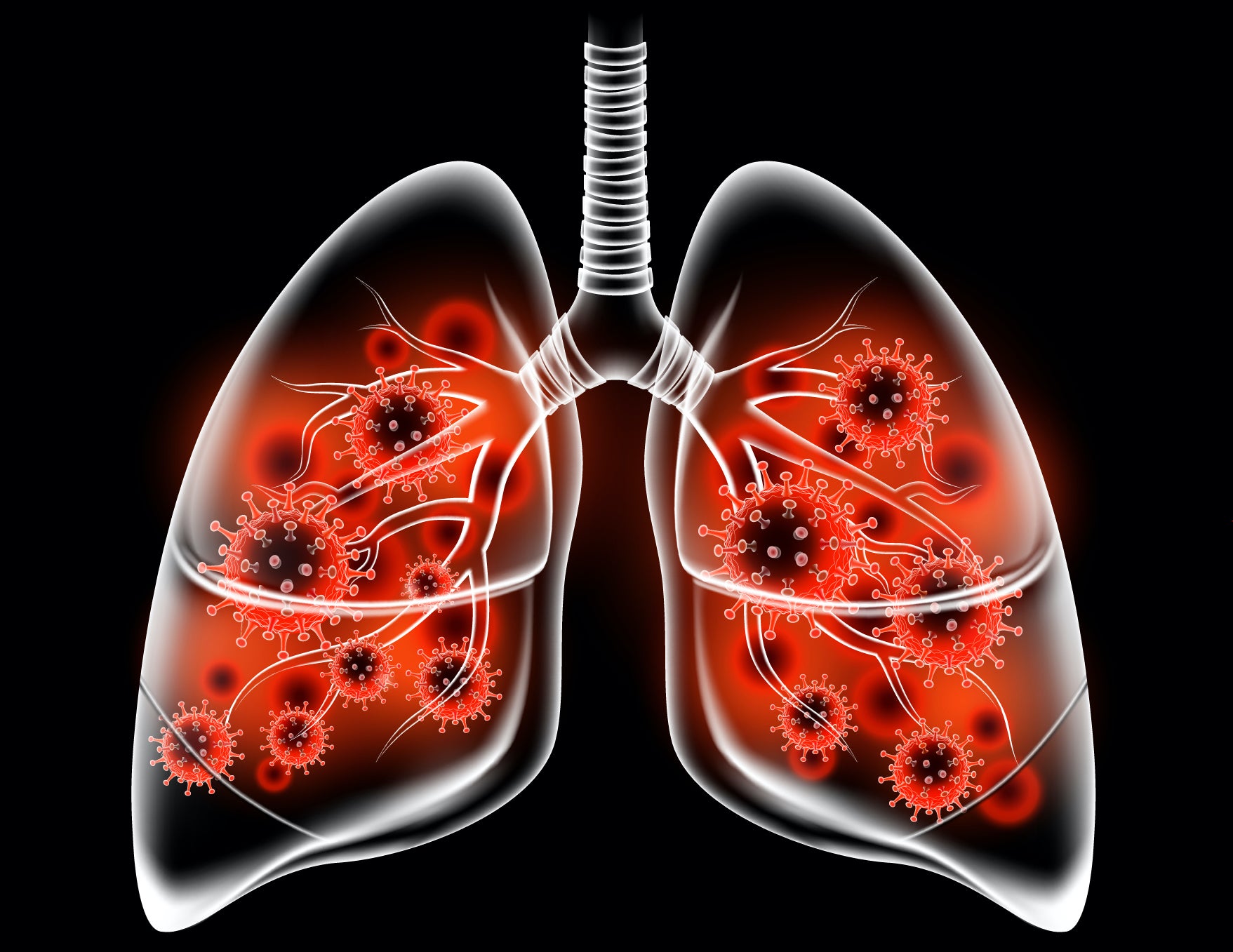
UK-based Verona Pharma is developing a novel drug for chronic obstructive pulmonary disease (COPD) called ensifentrine. As a novel dual inhibitor of PD3 and PD4 enzymes, ensifentrine acts as both a bronchodilator and an anti-inflammatory product. The drug also has an excellent safety profile that avoids the gastrointestinal challenges facing other COPD drugs.
Ensifentrine has performed well so far in clinical trials. In May, Verona announced it was initiating the Phase III ENHANCE trial programme in COPD patients; the drug is being administered in a nebulised formulation in these trials. However, Verona is also establishing ensifentrine’s efficacy and safety in dry powder inhaler and pressurised metered dose inhaler formats in Phase II studies.

Discover B2B Marketing That Performs
Combine business intelligence and editorial excellence to reach engaged professionals across 36 leading media platforms.
Now, in the context of the ongoing Covid-19 pandemic, Verona has decided to investigate in a pilot study whether ensifentrine could also help to treat patients hospitalised with Covid-19.
“We believe that ensifentrine, with its novel mechanism of action, will help patients to recover from the virus by improving patients’ breathing and by reducing viral-induced inflammation and potentially delaying or avoiding progression to mechanical ventilation,” explains Verona CEO and president David Zaccardelli.
Ensifentrine and Covid-19
Central to why Verona believes that ensifentrine could be effective in improving outcomes for hospitalised Covid-19 patients is because the drug has “demonstrated pronounced bronchodilator effects in healthy subjects and in patients with COPD or asthma”.
Zaccardelli explains that ensifentrine has been shown to cause meaningful improvements in lung function, as well as helped to “decrease lung inflammation via reduction in local inflammatory cell numbers such as macrophages, neutrophils, eosinophils and lymphocytes”. An excessive inflammatory response, often known as a cytokine storm, has been found to be a leading cause of disease severity and death from Covid-19.

US Tariffs are shifting - will you react or anticipate?
Don’t let policy changes catch you off guard. Stay proactive with real-time data and expert analysis.
By GlobalDataAlso, patients hospitalised with severe or critical Covid-19 have been shown in studies, including one published in May 2020 in Nature Medicine, to have higher levels of both macrophages and neutrophils in their bronchoalveolar lavage fluid, compared to moderate Covid-19 patients. This means it is possible that resolving this inflammatory response might “help prevent [patient’s] worsening to respiratory failure, shock or multi-organ failure”, according to Zaccardelli.
Further to this, Zaccardelli notes, as it is an inhibitor of PDE4, ensifentrine is known to “reduce pro-inflammatory mediators, such as TNFa and IL-6”, which also contribute to the cytokine storm and Covid-19 severity.
In addition to dealing with inflammation, ensifentrine activates the Cystic Fibrosis (CF) Transmembrane Conductance Regulator, which helps to improve mucociliary clearance. Research supported by the CF Trust and published in the European Respiratory Journal found that Covid-19 disrupted the ciliated epithelium and ciliary dyskinesia, which is likely to impair mucociliary clearance.
A combination approach
To determine ensifentrine’s ability to reduce inflammation and improve mucociliary clearance in hospitalised Covid-19 patients, Verona is launching a US-based pilot study of 45 patients.
In the pilot trial, Verona will combine ensifentrine with standard of care treatments – remdesivir or dexamethasone. This is because “ensifentrine is differentiated from other therapies by its novel dual mechanism of action” and therefore could be “complementary to anti-viral therapy and other systemic steroid therapy patients may be receiving as part of their standard of care, furthering the patient’s ability to control the inflammation, acute symptoms and ultimately clear the virus”, notes Zaccardelli.
A pressurised metered dose inhaler formulation of ensifentrine will be used in the pilot study. “Inhaled delivery ensures that ensifentrine will be delivered directly to the site of viral-induced inflammation in the lungs,” Zaccardelli says.
Once this study is completed, and if it is successful, Verona will “discuss the study outcome and potential next steps with regulatory agencies”. This would most likely to lead to further, and larger, studies in hospitalised Covid-19 patients before Verona could consider applying for marketing approval.




